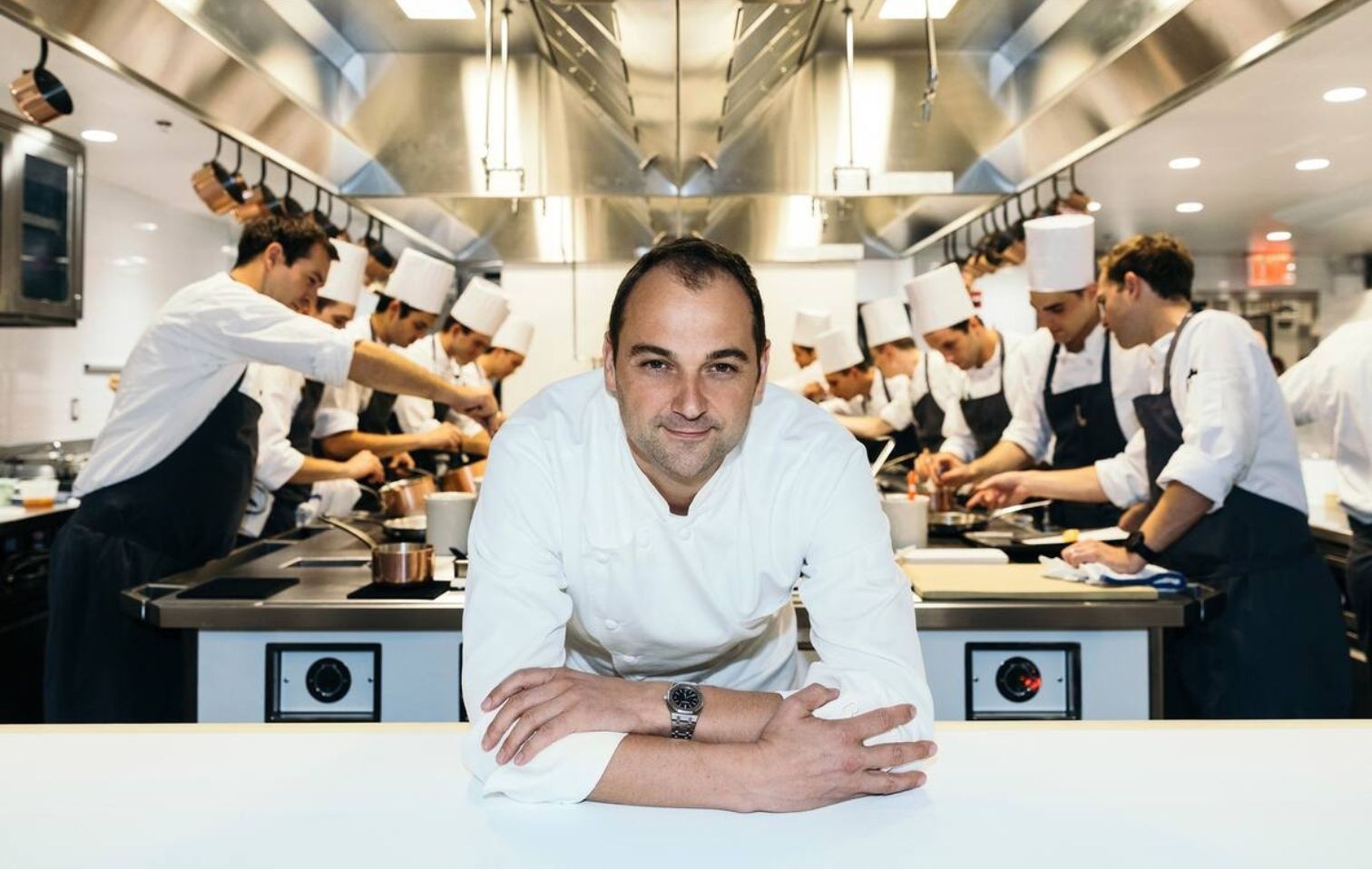"Change is part of our DNA; if it stopped, we would stop being ourselves. But criticism hurts. That's why we disconnected for a while, so we could focus on each table, making guests our ambassadors." Daniel Humm talks about the vegan turn and new challenges at Eleven Madison Park: “At our place, guests pay for the experience.”
The news
It's been a rollercoaster, the last few years for Daniel Humm. First the world's best cook for The World's 50 Best, then on the brink of bankruptcy during the pandemic, involved in social work with the nonprofit organization Rethink Food, converted to vegetarianism, panned by critics and then celebrated as the world's first environmentally friendly three-Michelin-starred establishment ... Today, about to publish a new book, open the bar Clemente, and another restaurant in the West Village, he describes the moment in an interview with theworlds50best.com.
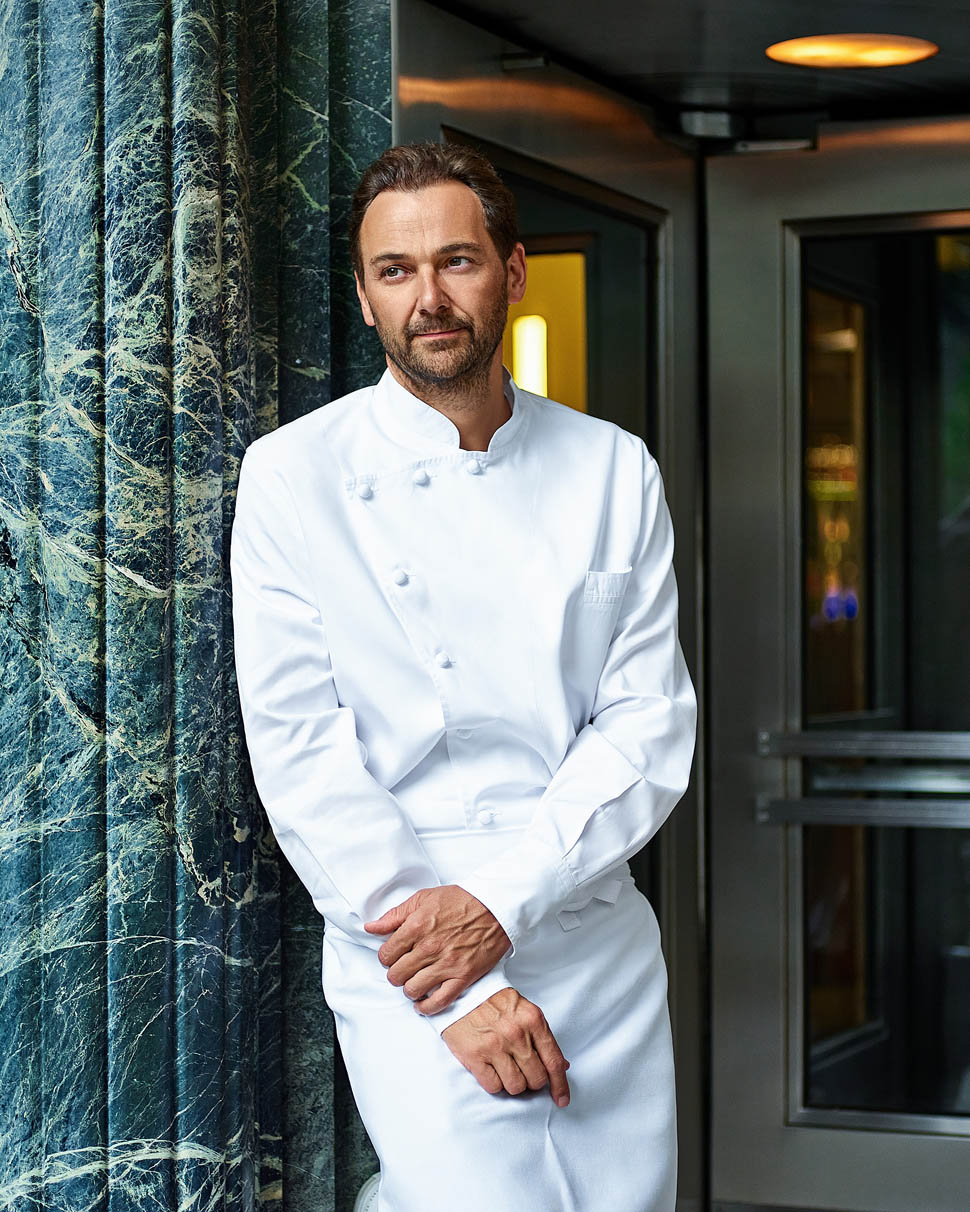
“Our industry is changing for the better,” he begins by talking about the vegan turn, which he calls a matter of language and food power. "As I always say, we can't be perfect on every level, but if every restaurant does something good, all these small changes put together can trigger a big one. When it was time to reopen the restaurant, it was clear to me that we needed to move from creativity to plant-based cuisine. I think we had run out of possible versions of lobster and duck, I don't think there was anything else to look for. So we felt the responsibility due to our visibility in the industry."
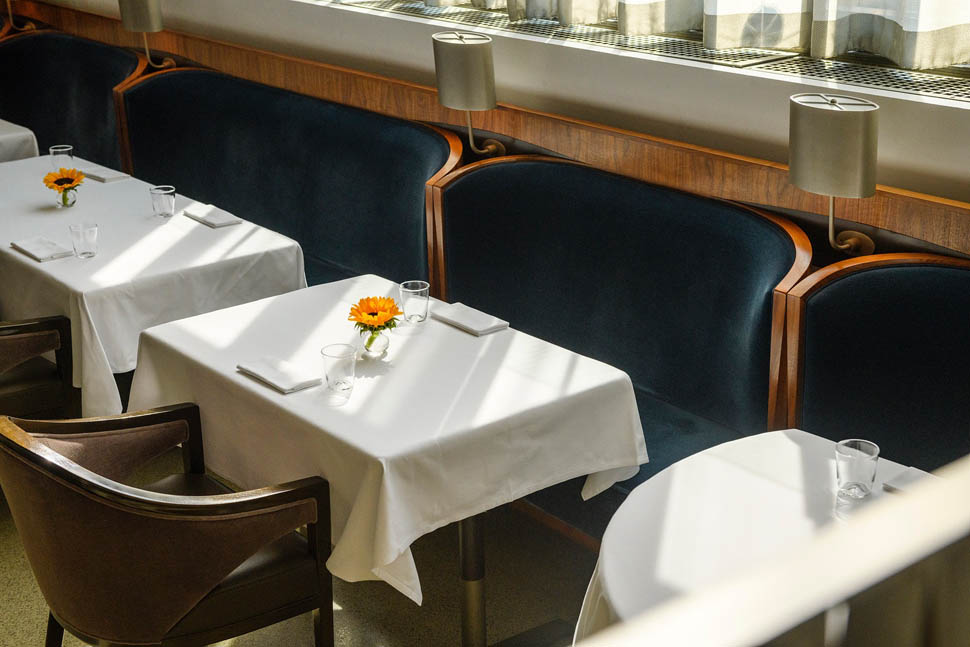
The first step, says the grand chef, was to assemble a new pantry, wondering where the creaminess might come from, what the new butter and milk might be, the possible equivalents of broths, stocks and sauces. "This process was very interesting, and for the first eight months, we slowly rebuilt the pantry. Then we moved on to recipes."
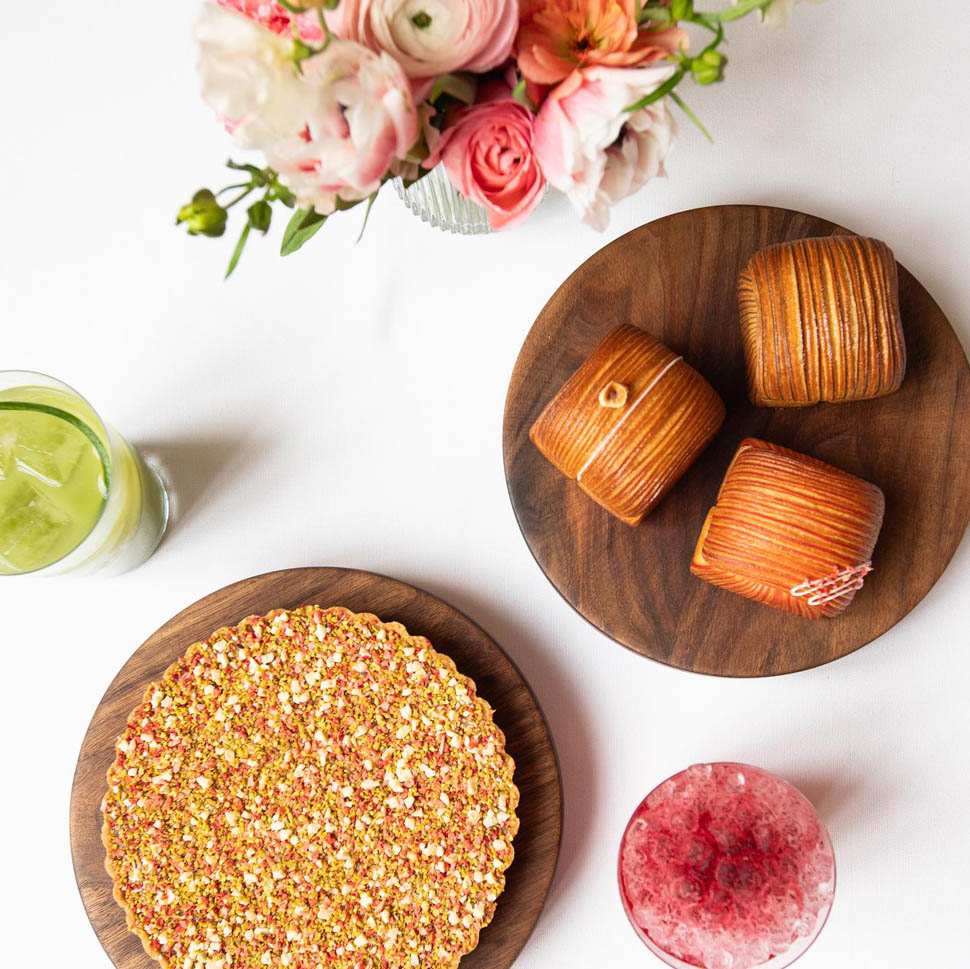
Initially, however, the effort was to reproduce the dishes of the past, without animal protein. "Now I feel we were limited, because we were working within the system of what a meal should look like. But the more we became familiar with this new path, the more we became able to break free from these rules. We traveled a lot to Japan, India and the Middle East, where vegetables were always celebrated in different ways. And we found our way again."
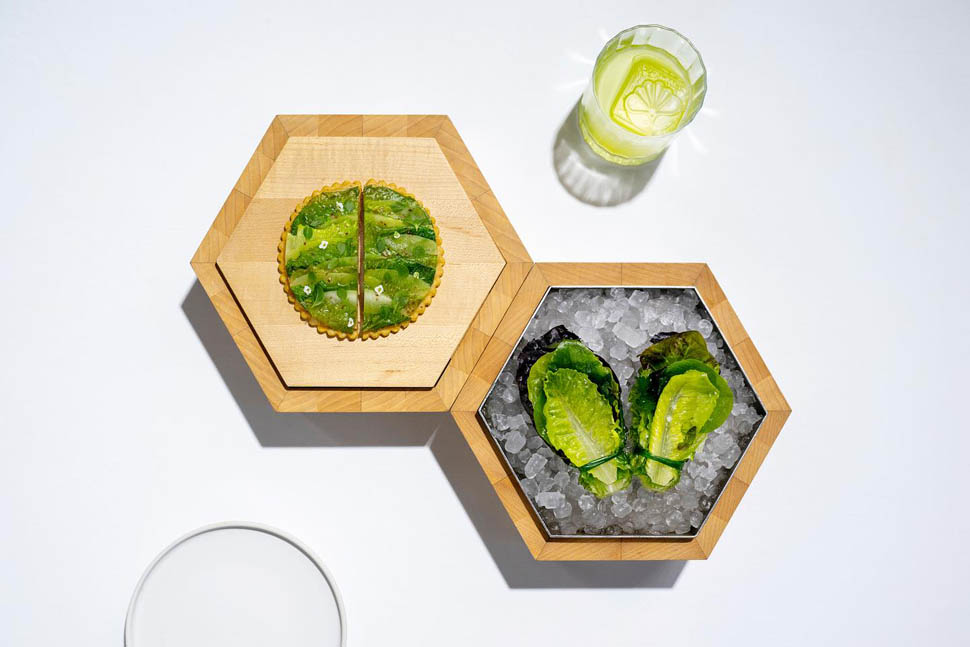
Humm says he still enjoys eating his colleagues' meat or fish dishes, but has adopted a predominantly plant-based diet, which has directed his cravings and creativity differently; as well as starting his own farm in Upstate New York. Of signatures of the new course, none yet exist. The menu changes every three months, but a few constants are outlined: cypress or tonburi seeds, an ingredient in Zen monastic cooking; celery lettuce or baby sunflowers, tightened like artichokes.
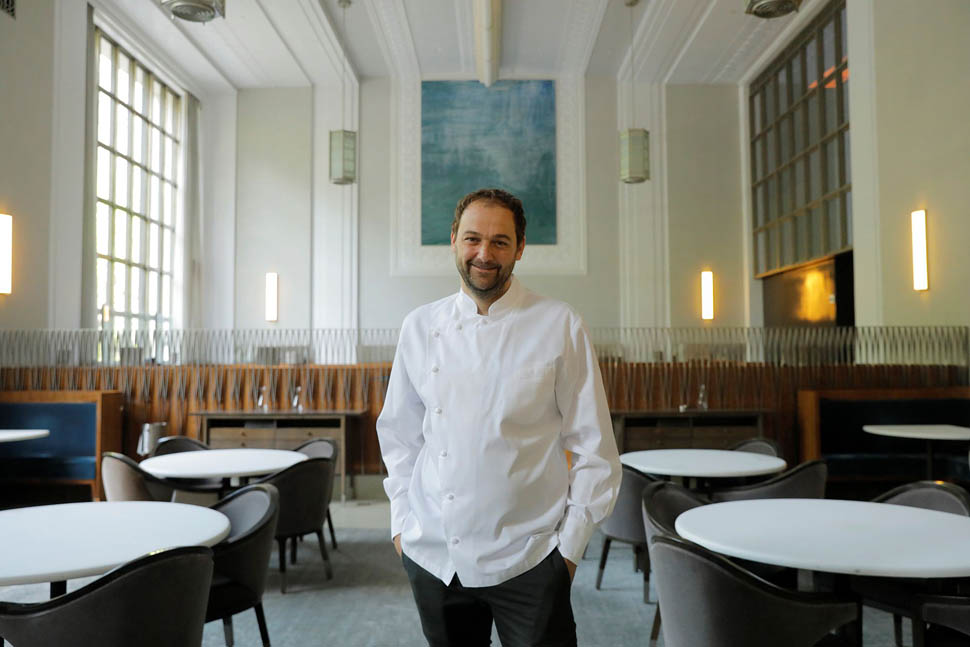
All wonderful, but what about inclusivity? "I have often wondered what luxury was. For me there is no hierarchy between ingredients, it would be like a painter preferring red to green or blue. People are very restrained on this point, even when it comes to price. They get stuck on what they are instinctively willing to pay, but that's stupid reasoning, because I think what people 'buy' in restaurants like ours is an experience. And in fact, magic often comes into play when you use something humble. Usually it's the poorest cuts, which some people don't even use, that enchant."
